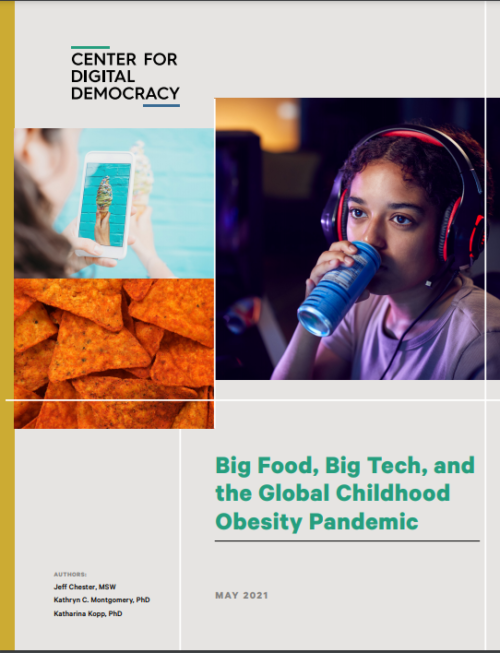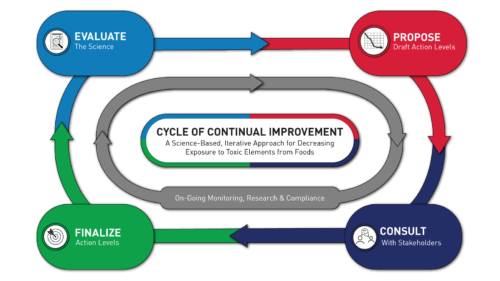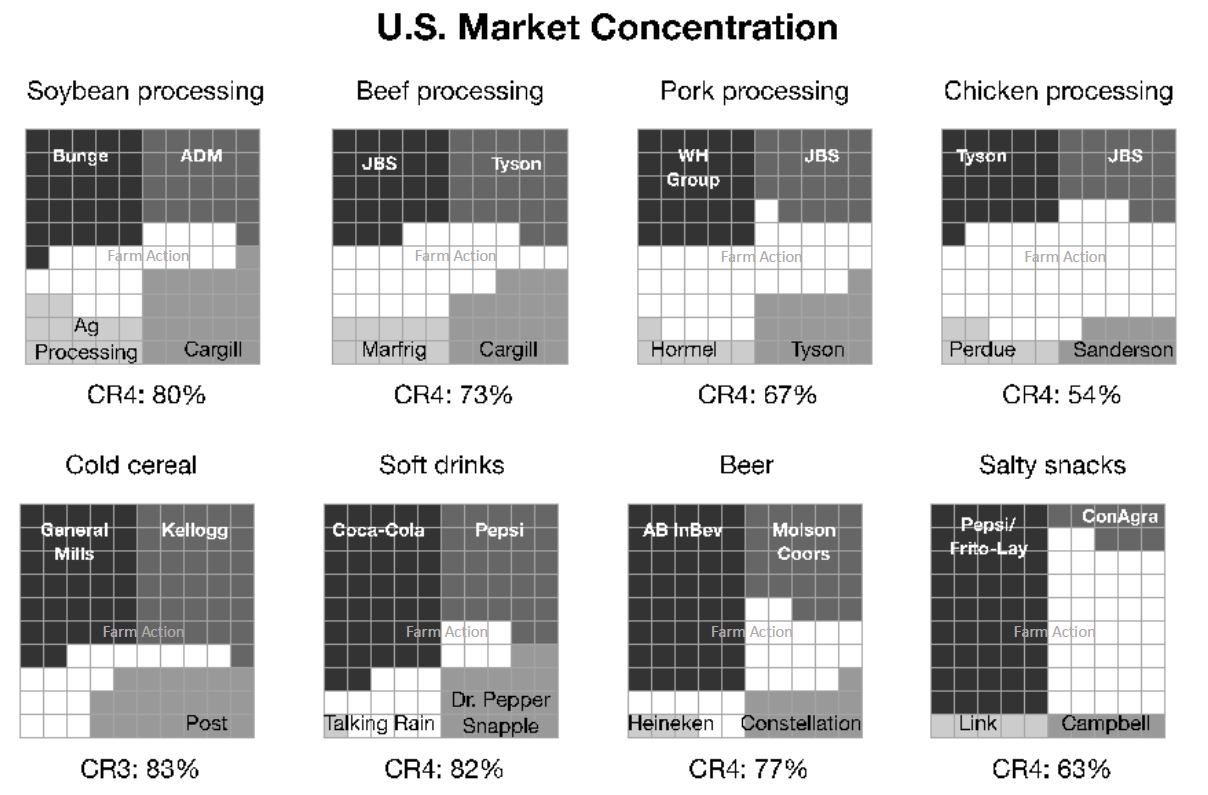Weekend reading: Big Food, Big Tech, and Global Democracy
The Center for Digital Democracy has issued a report, Big Tech and Big Food.
The coronavirus pandemic triggered a dramatic increase in online use. Children and teens whose schools have closed relied on YouTube for educational videos, attending virtual classes on Zoom and Google Classroom, and flocking to TikTok, Snapchat, and Instagram for entertainment and social interaction. This constant immersion in digital culture has exposed them to a steady flow of marketing for fast foods, soft drinks, and other unhealthy products, much of it under the radar of parents and teachers. Food and beverage companies have made digital media ground zero for their youth promotion efforts, employing a growing spectrum of new strategies and high-tech tools to penetrate every aspect of young peoples’ lives.
The full report is divided into five parts (annoyingly, there is no table of contents and page numbers are almost invisible):
1. The data-driven media and marketing complex (starts on page 8).
Today’s youth are at the epicenter of an exploding digital media and marketing landscape. Their deep connection to technology and their influence on purchasing are fueling the growth of new platforms, programs, and services, and generating a multiplicity of marketing opportunities. Google has created a global business offering videos and channels that target children and other young people who are attracted by its entertainment and educational content.
2. This describes how Big Food targets kids using digital media (page 17)
3. This part talks about threats to kids’ health, privacy, and autonomy (page 38)
4. The growing momentum for regulation (is it ever needed) (page 42)
5. This section lays out a framework for creating a healthier digital environment for kids (page 47)
The report is chilling. It makes cartoons on breakfast cereals look so last century. I could not believe the sophistication of these digital marketing efforts, all aimed at getting kids to demand junk foods.
Some congressional leaders are on this. They deserve support.
You don’t think this is an urgent issue? Read the report.
Here are a few news stories about this report.
- https://www.campaignlive.com/article/fast-food-soft-drink-advertising-contributes-childhood-obesity/1715799
- https://www.bloomberg.com/news/articles/2021-05-12/food-companies-tech-ties-pose-harm-to-kids-consumer-group-says
- https://thecounter.org/junk-food-ads-harm-childrens-health-online-privacy-social-media-coca-cola/
- https://www.mediapost.com/publications/article/363184/advocates-call-for-new-curbs-on-junk-food-marketin.html






